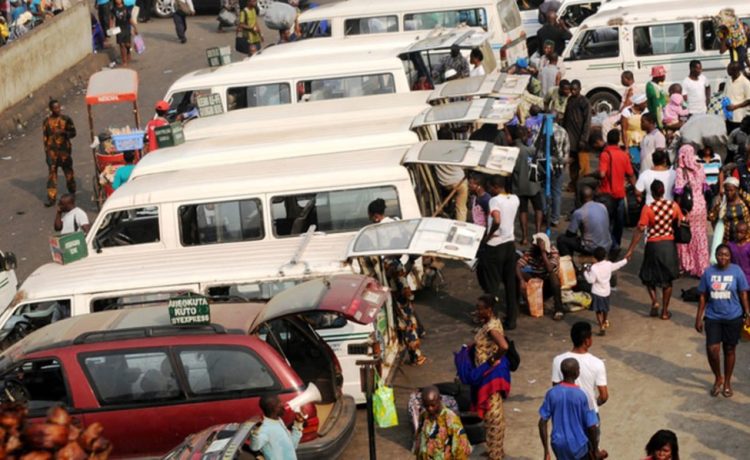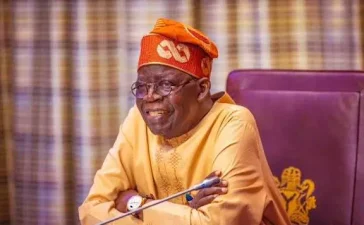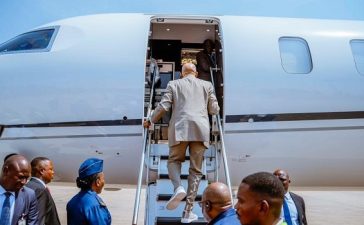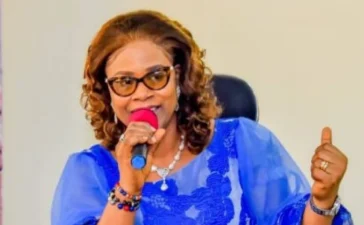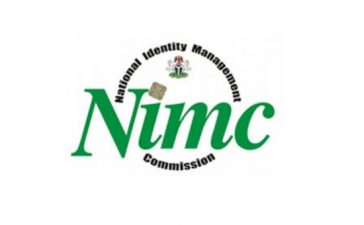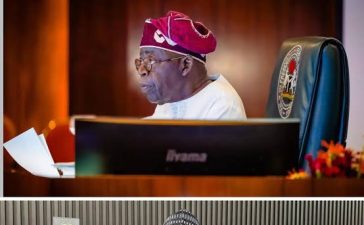As Easter celebrations filled the air with cheer, passengers at various parks across Abuja were instead met with frustration, voicing their concerns over the sharp rise in transport fares.
In interviews conducted across key terminals like Area One Park, Jabi Park, and Gwagwalada, many travellers expressed disappointment, saying the steep charges have made it nearly impossible for them to travel and reunite with loved ones during the festive period.
Mrs. Adedayo Olorunshola, a public servant heading to Lagos, described the price jump as “unbearable”. “I paid ₦27,000 from Lagos in January, but now it’s ₦45,000 for the same 18-seater bus,” she said.
Mr. Musa Ibrahim, a paint seller en route to Kano, echoed similar sentiments, blaming drivers for taking advantage of the season. “In February, I paid ₦7,500 to Kano. Now it’s ₦10,000,” he lamented, adding that such seasonal surges were common, especially during Easter when demand spikes.
Union officials admitted to price increases, citing fuel costs and high demand. Mr. Isa Kato revealed that Abuja to Akwa Ibom now costs ₦55,000, up from ₦38,000, while Abuja to Makurdi rose from ₦5,300 to ₦8,500.
A couple at Jabi Park, Mr. and Mrs. Ebenezer, called on the Federal Government to tackle the root issue: fuel prices. “Petrol is still at ₦950. A reduction will ease transportation costs significantly,” they said, also urging the government to replicate its 2024 Christmas fare-subsidy initiative.
At Gwagwalada Park, however, a contrasting approach was observed. Mr. Mustapher Saliu, chairman of the Road Transport Employers Association of Nigeria (RTEAN), claimed fare prices remained unchanged during Easter. “We carried passengers at the same price as before,” he stated.
But for many like Dr. Tunde Olaifa, the hike was obvious. “I paid ₦20,000 a month ago from Ile-Ife. Now, I paid ₦30,000 to return,” he said. Similarly, Mrs. Anita Ogene described the ₦22,000 fare to Auchi as “outrageous.”
Transport leaders also highlighted other challenges facing the sector. Mr. Saliu urged government intervention to repair bad roads and tackle rising insecurity. “Our drivers face kidnappers and armed robbers, especially on the Lokoja-Akure road,” he said. “Spare parts are now unaffordable due to road damage.”
While some parks maintain stable prices, most commuters face a harsh reality—where economic pressures, high fuel costs, and poor infrastructure continue to turn festive journeys into financial burdens.

